Fortinet Acquires Next DLP Strengthens its Top-Tier Unified SASE Solution
Read the release
Data Loss Prevention (DLP) solutions have been in the market for a long time. Many industry leaders were founded, and their solutions were designed over 20 years ago.
This is a problem that security people need to talk about. In short, these solutions were designed for a work environment that no longer exists. Let’s look at some of the reasons why Next is replacing legacy DLP.
Twenty years ago, organizations were running Windows 2000 and NT, and slowly deploying Windows XP. Macs held a whopping 3.2 percent market share. Business was conducted on the corporate network and applications ran on each desktop or server. Cloud applications, BYOD, and video conferencing were in their infancy.
Organizations are moving their applications to the cloud. Legacy solutions built for on-premises data centers cannot be simply moved to cloud environments, given present stability, performance, and security challenges. Redesigning and rebuilding legacy DLP would require significant expense, something these organizations are reluctant to do when DLP represents one of many product lines.
Legacy agents rely on processes that ISVs are now, ironically, blocking in the name of security. New OS, app, or browser versions block security functionality, forcing the security vendors to deploy increasingly more complex workarounds only to repeat the cycle.
Legacy DLP solutions rely on granular rules dictating what each class of users can do with each data class. They default to blocking activity that appears to present risk. The inevitable false positives block legitimate activity, frustrating users already struggling with cyber hygiene training. Security professionals must constantly monitor users and endpoints while responding to false positives.
IT and security teams need a DLP solution that aligns with their business operations. Reveal was designed for today’s work from anywhere, Bring Your Own Device (BYOD), and Cloud application dominant environment. It is cloud-native with smart agents that use approved interfaces to interact with the OS and browser. It protects data on and off the corporate network and across SaaS, messaging, and video conferencing apps.
Security’s primary function is to support an organization’s operating goals. Granular rules and resulting false positives adversely affect the productivity of users and security teams. Reveal’s no-code policy management tool makes creating and modifying policies easy with less need to test. When users put data at risk, they can be prompted and guided to safer options for completing a task. When warranted, actions can be blocked and devices isolated from the network.
Rather than retrofitting old technology to new work environments, Reveal was designed to work with modern business tools like SaaS applications, Git, Slack, Zoom, GSuite, and nearly any custom app your business uses. This allows organizations to deploy modern productivity tools confidently without losing control of sensitive data.
Legacy solutions that take months to discover and classify data delay data protection and time to value. They lack true cloud-native capabilities and require on-prem infrastructure or deploying on-prem architecture in a hosted platform. Reveal’s real-time inspection eliminates the need for discovery and classification. This protects your data from the moment the platform and agents are deployed. By moving machine learning to each endpoint, Reveal can quickly profile each user and device and protect sensitive data in days instead of months, on and off the corporate network.
A modern agent simplifies managing Reveal. Instead of using older methods that software vendors increasingly block, we built Reveal using sanctioned approaches that do not rely on rootkit approaches to security. Your team can focus on strategic security issues instead of battling to regain functionality with each new software release. The Reveal management console was designed with the software security skills gap in mind. The interface is highly visual: a single pane of glass that guides security analysts through their work
External and internal threats can be challenging to discern when attackers can access legitimate credentials. Instead of deploying separate solutions, Reveal provides a Data Loss Prevention and Insider Risk Management solution with one agent, one console, and a unified view into your organization. Your team sees how your data is moving and potentially put at risk, providing insights into what your users are doing and how their actions may represent a risk.
Businesses operate differently now than 20 years ago. So do our adversaries. Watch an on-demand demo to see how Reveal can help with your information security success story.
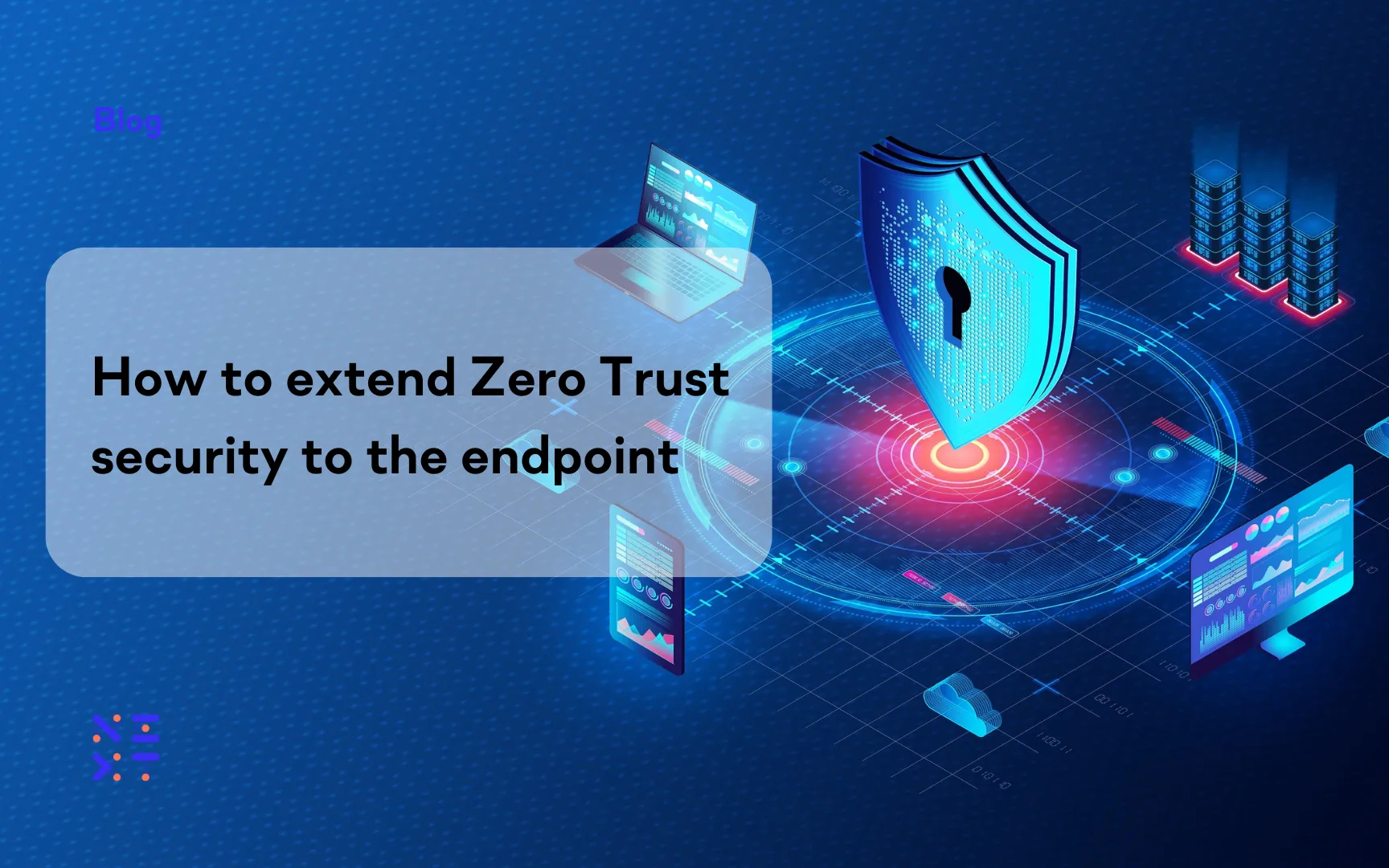
Blog
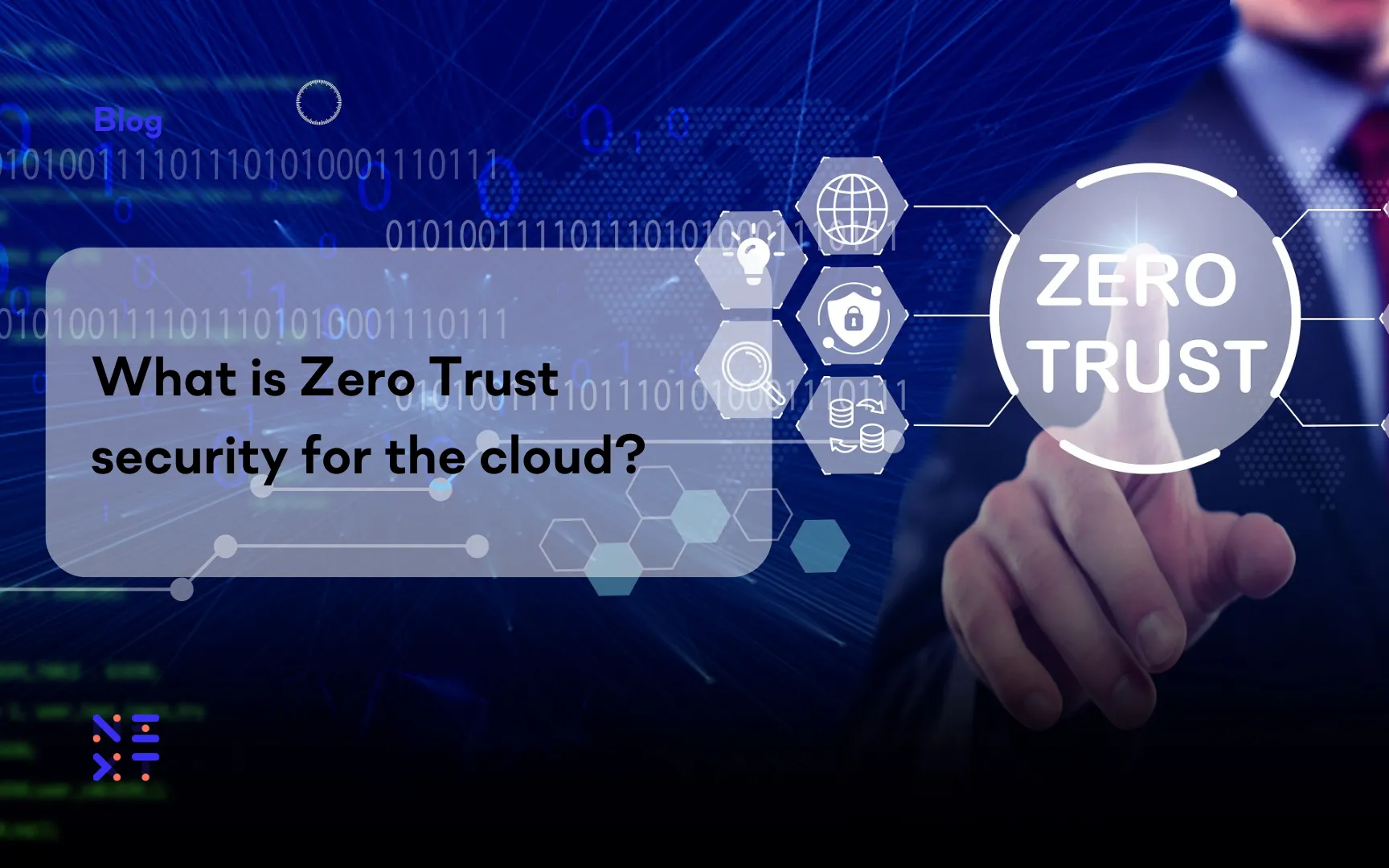
Blog
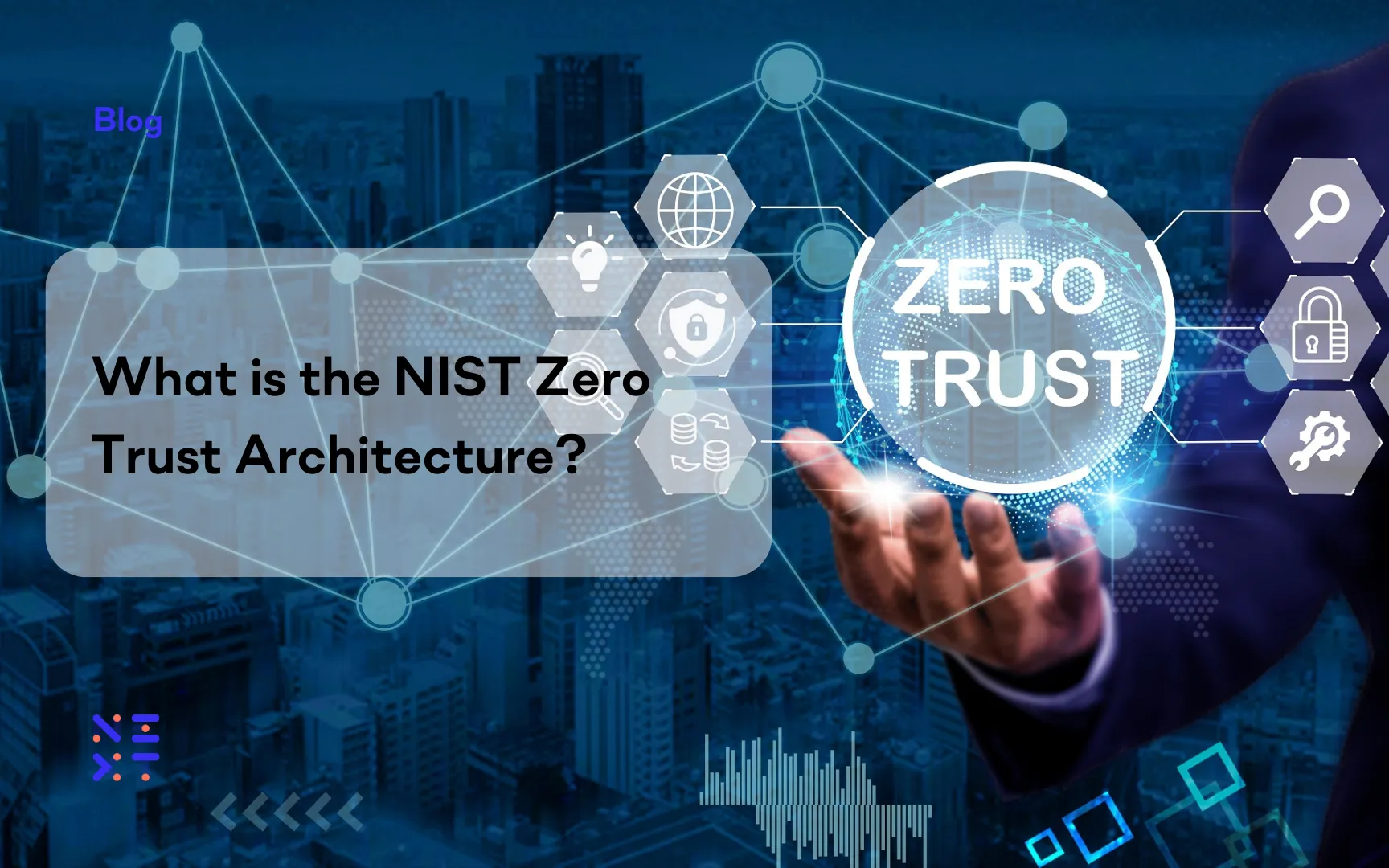
Blog
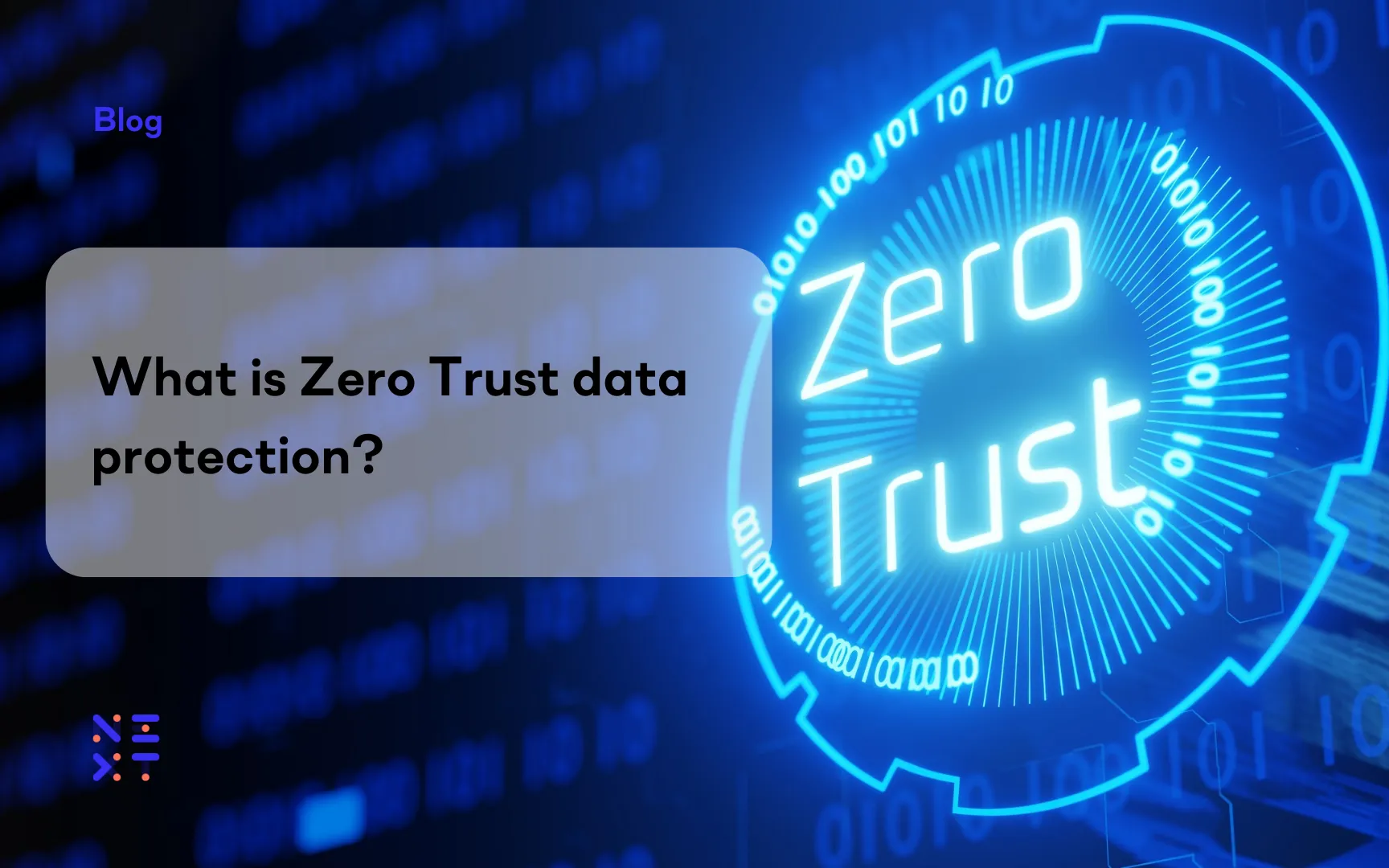
Blog

Resources

Resources
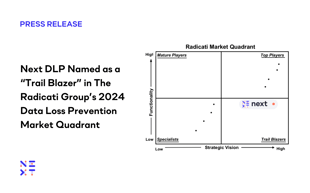
Resources
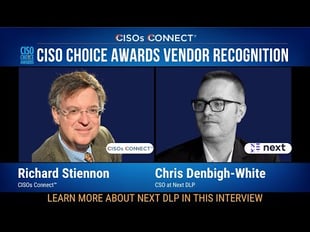
Resources

